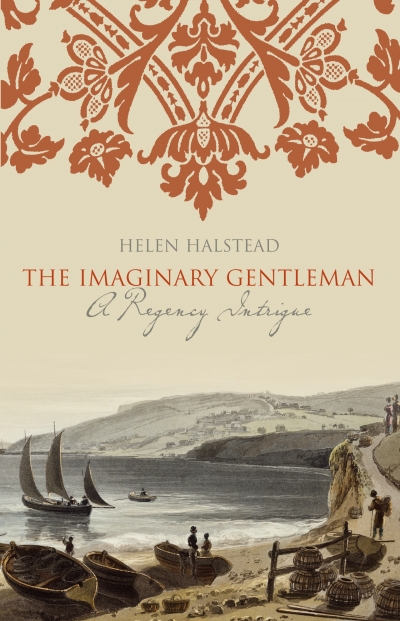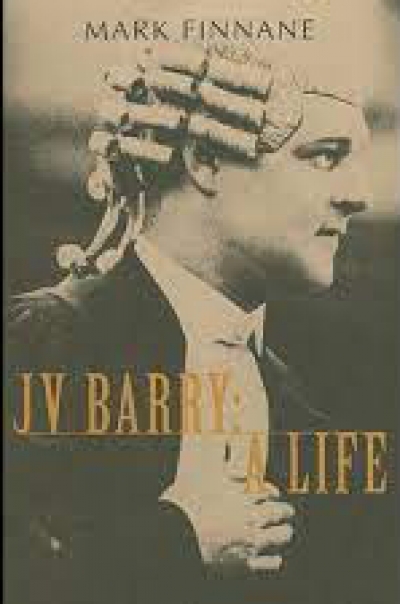Poem
‘Calm Voice’, a new poem by Anders Villani
On a fatherhood weekend, the men drag
a dead manna gum, chained to a ute, into camp.
They’re talking innocence. Is it inborn, or clad
layer by layer by behaviour? Around the grey stump
the men start chainsaws and crack beers, open
a phone (there’s reception), search innocence definition.
Blamelessness. Chastity. Childhood. But also
integrity, which means innocence. The confusion
– that integrity means wholeness too –
heats up when one man says he heard children
arrive with sin. Then two-stroke fumes
drown the twilight bush’s scat-and-pepper scents.
They cut it. Some of the men scream, some don’t,
when spiders erupt from the warm hollow.




























